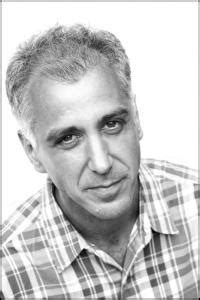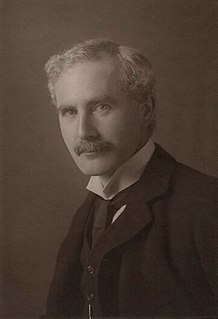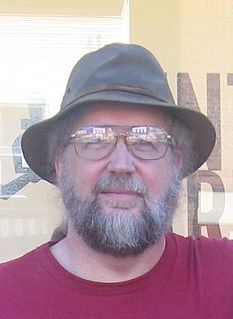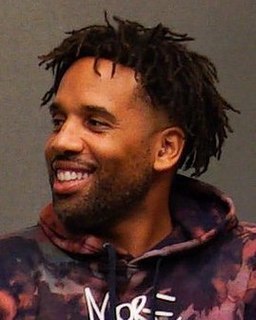A Quote by Pierre Trudeau
As does every young man studying philosophy, I naturally asked myself questions about the truth of all this, and about the meaning of freedom, predestination, and liberty of choice and so on. But to have asked questions of yourself about it, I think is not too important. Let's say - I remain - I remained a believer.
Related Quotes
I'm calm," Rachel insisted. "Every time I'm around you, some monsters attack us. What's to be nervous about?" "Look," I said. "I'm sorry about the band room. I hope they didn't kick you our or anything." "Nah. They asked me a lot of questions about you. I played dumb." "Was it hard?" Annabeth asked.
Before you give advice, that is to say advice which you have not been asked to give, it is well to put to yourself two questions - namely, what is your motive for giving it, and what is it likely to be worth? If these questions were always asked, and honestly answered, there would be less advice given.
The great philosophers of the 17th and 18th centuries did not think that epistemological questions floated free of questions about how the mind works. Those philosophers took a stand on all sorts of questions which nowadays we would classify as questions of psychology, and their views about psychological questions shaped their views about epistemology, as well they should have.
I, as a storyteller, was asking questions no one in science had apparently asked. What happens in a nest of tyrannosaurs? They're precocial, meaning when they hatch, they're ready to feed and move about. My questions are "Hmm, if there's a nest of tyrannosaurs, and there's three siblings that survive, would they try to eat each other?"
When you think of it, really there are four fundamental questions of life. You've asked them, I've asked them, every thinking person asks them. They boil down to this; origin, meaning, morality and destiny. 'How did I come into being? What brings life meaning? How do I know right from wrong? Where am I headed after I die?'
I guess I was just always one of those guys who asked those fundamental questions: 'Who am I? What's this for? Why? What does this mean? Is this real?' All these pretty basic questions. I like making movies about people who are self-conscious in that way, and are trying to feel their way through the world.
When you think of it, really there are four fundamental questions of life. Youve asked them, Ive asked them, every thinking person asks them. They boil down to this; origin, meaning, morality and destiny. How did I come into being? What brings life meaning? How do I know right from wrong? Where am I headed after I die?
Let me say something at the outset. The questions that have been asked so far in this debate illustrate why the American people don't trust the media. This is not a cage match. And, you look at the questions - "Donald Trump, are you a comic-book villain?" "Ben Carson, can you do math?" "John Kasich, will you insult two people over here?" "Marco Rubio, why don't you resign?" "Jeb Bush, why have your numbers fallen?" How about talking about the substantive issues the people care about?











































